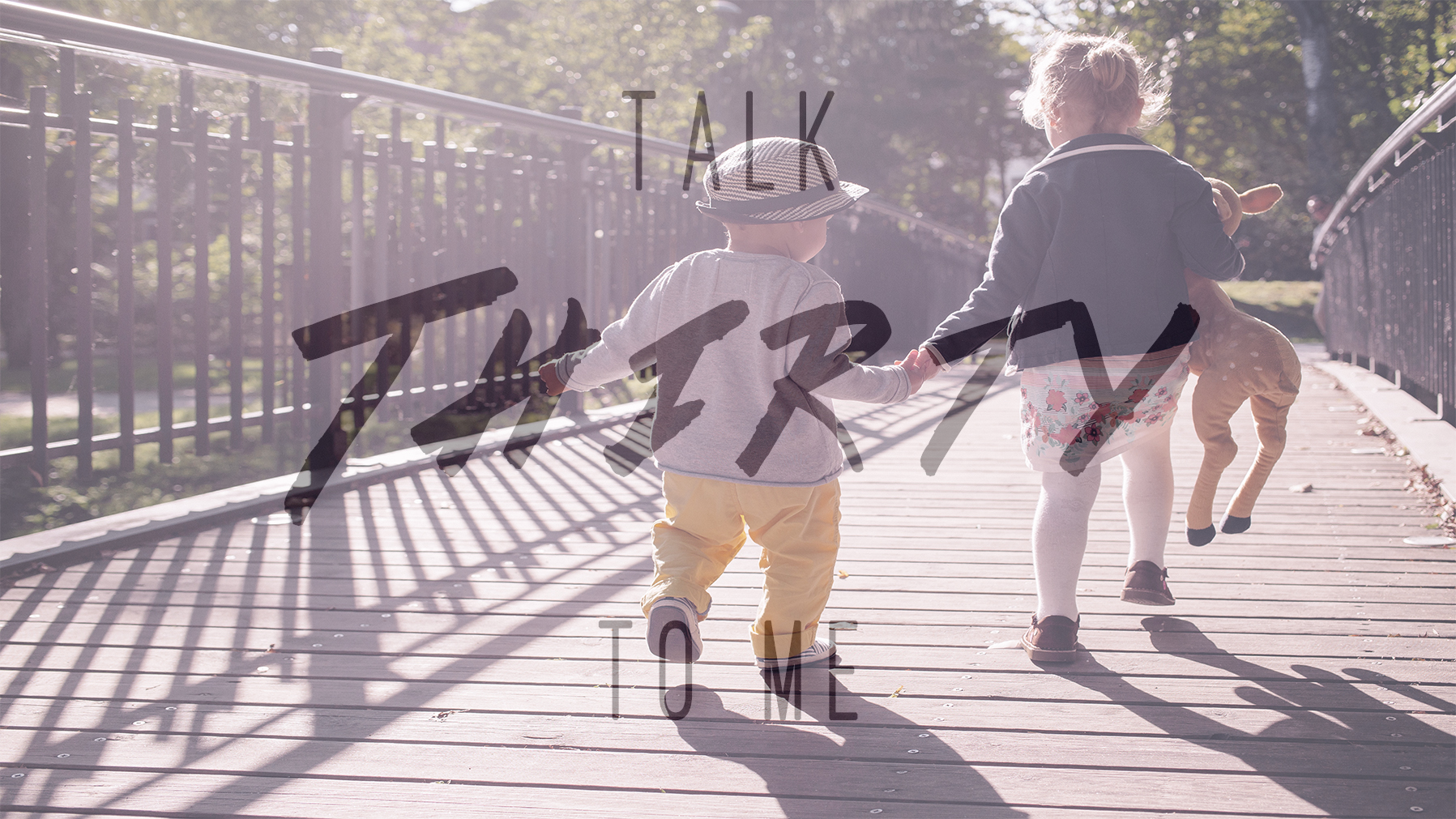
Join Turg and Randy Z as they walk down memory lane in discussing the WAY back childhood memories and the friends made that may or may not have influenced their adult lives now and how they somehow paralleled to the very subtle, underlying themes in the Netflix Original Series Master of None – Season Two Episode Eight – Thanksgiving and…
Why are experiences with friends in our youth so important throughout our adulthood?
Turg shares memories from when he was a little Turg and explains his recent insights into his experiences as a child and why he thinks he was stuck in a cultural dilemma growing up. He tries to draw parallels or conclusions to what he remembers, but finds it difficult to understand why things were the way they were. He comes to the conclusion that when we are younger we don’t really have the capacity to explain or even understand the way things are. But after we grow up, we have the ability to analyze a lot of what was experienced in our early lives. Do we think about these things objectively or subjectively?
That may lead us to think that these memories may influence the way we perceive our childhood as adults. Maybe these scenarios change to accommodate our inability to cope with certain things as adults. It’s something that everyone ponders. Will we ever really know the answer? Randy mentions that he judges how well-off someone is by the lighting quality and how loud their appliances are. We all have our ways of analyzing our environment. How do you do it?
If culture is heritage and heritage is not culture, what are we talking about?
The guys discuss the differences between heritage and culture. Randy argues Turg is using culture interchangeably with heritage. Randy says culture is what we choose to accept as our background and heritage is determined by our lineage. Turg understands these differences, but feels that they are so closely tied together, they’re almost one in the same now.
Can we grow up without knowing what normal is?
Turg talks about how his cultural identity was obscured or held beyond his grasp. There wasn’t a whole lot of culture growing up, so normal for him was this sense of Americana and the blend between what he accepted as normal and what he saw around him. Struggles with what we identify with or what it is that we identify may dampen the power of culture. How does this translate to the next generation of young Americans? Turg discusses how normal kept changing for him. In the episode, it can be seen how the two cultural backgrounds – Dev and Denise – unite to form a new culture strengthened by a relationship build on tradition becoming the new normal. This is Americana; the blending of heritage, culture, and the societal constructs that help shape these ideals.
Home is where your family is. Can friends really be family?
Bonds are formed that transcend culture, those bonds become stronger than anything. Randy discuses how time really plays a huge role into building strong friendships because so much can be endured and experienced. He mentioned how friends keep you honest and they hold you accountable to yourself. It’s an unspoken bond between friends that really empowers people to try new and different things. Randy hits on how male-female relationships are so much more unique of a dynamic than same-sex friendships. Another side of the story, Randy says, is that these types of relationships are often viewed as taboo or futile, by society. Turg mentions he’s never had that experience mainly because it was beyond his ability to understand the dynamics. What can we determine from the Nipples and Toes 23 and how it changes the dynamic of life as we know it?
When stuck in the “I Love You Man” loop and how do we form and maintain real friendships?
Randy wants to know is it too late to find friends that can really help you throughout your 30s? Turg thinks it can go both ways: If you’ve been exposed to and have good interpersonal skills, you’re OK. But, he continues, if you haven’t had this exposure it’s going to be very hard to navigate friendships and determine what you want to derive from these relationships. Randy thinks he’s easy to make friends with so if he was on the side of lacking a real friendship, he wouldn’t feel hard pressed to find a friend. He maintains, it’s important to be a good judge of character throughout any relationship forming experience in order to benefit from trying to form new relationships. Making friends, as you get older, is often difficult.
Am I doomed if I don’t have friends in my 30s?
When forming new friendships, patience and experience really play an important role in forming a conclusion into who can be a good friend (or more). Making friends is easy when we are younger, the reason it may become harder and harder to form these bonds could be due to vulnerability, trust, reason, and where we are in life. Don’t fret, it’s not the end.
Have you had a friendship that has lasted the test of time? Does your experience parallel what we have seen out of this episode of Master of None? Does the friend group change? Do the dynamics evolve or stay the same? Would you cater your friend group to suit your needs at 30? Do your friends change with you?
Two more episodes of Master of None topic discussions left! We hope you’ve has as much fun listening as we have recording this stuff.
Watch Master of None on Netflix Now!
Don’t forget to follow Aziz Ansari and the Official Master of None account on Twitter.
Intro Music & Outro Music:
Saturday Jam by Clifton “Notes” Ellens, Captain Noah, and Jonathan “Sankeyz” Sanchez
Please make sure you subscribe to our blog, podcast, and find us on social media! And, as always, we love to hear what you think! Leave your feedback and help up grow to understand our listeners more. Either give us a shout out below, or go ahead and hit us up on Twitter, Facebook, & Instagram.
Subscribe. Listen. Enjoy. Share. Like. Follow.
Also Streaming on iTunes, Stitcher, Google Play Music, or your favorite Podcast player
[wpedon id=”234″ align=”center”]


